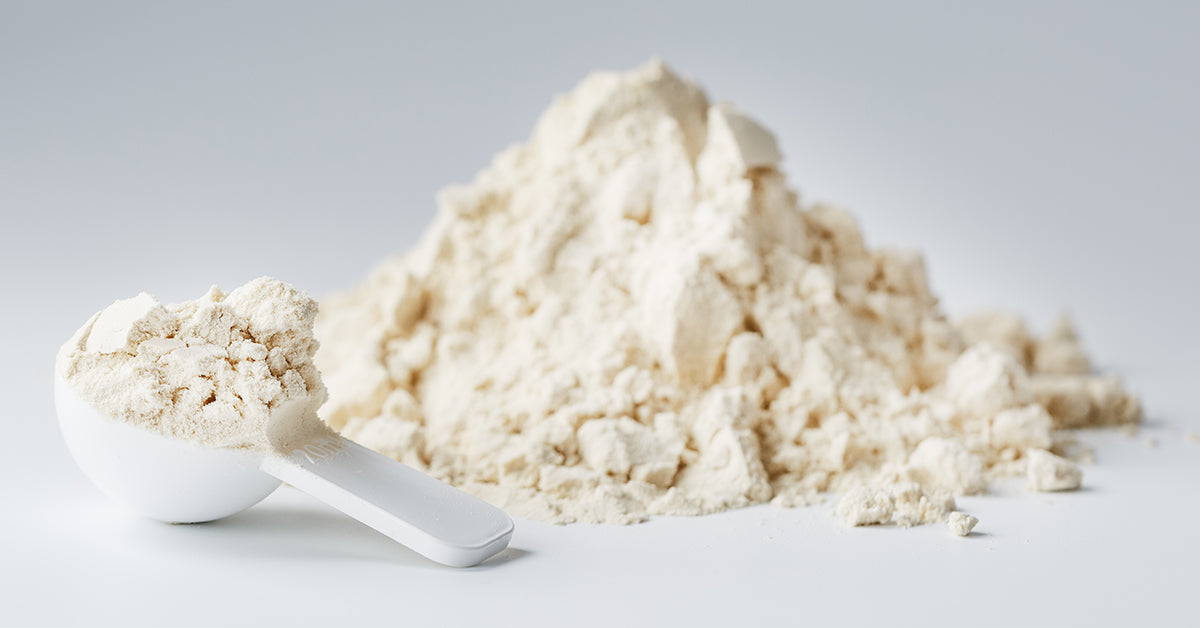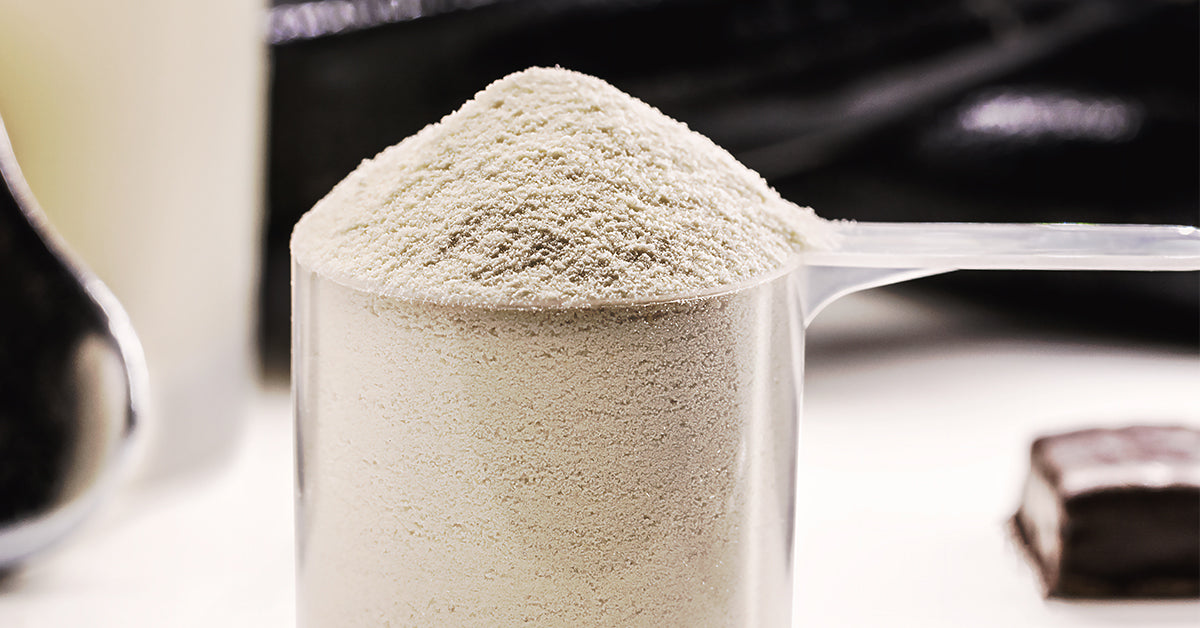In the world of sports nutrition and fitness supplementation, there are few supplements that have gained immense attention due to its added advantages and one of the most used and researched supplements that has a lot of eyeballs is creatine monohydrate. Widely used by athletes, bodybuilders, and fitness enthusiasts alike, creatine monohydrate has earned its place as one of the most researched and effective supplements available.
Therefore In this article, we delve into the science behind creatine monohydrate and explore its numerous benefits for both athletic performance and overall health and also address popular myths associated with this supplement.
What is Creatine Monohydrate?
Creatine is a naturally occurring compound found in small amounts in various foods, such as meat and fish, and is also synthesized by the body in the liver, kidneys, and pancreas. Creatine plays a crucial role in the production of adenosine triphosphate (ATP), the primary energy currency of cells, particularly during short bursts of high-intensity activity like weightlifting or sprinting.

Creatine monohydrate, the most common form of creatine supplementation, is composed of creatine bound to a water molecule. It is easily absorbed by the body and rapidly converted into creatine phosphate, which replenishes ATP stores during intense exercise.
Benefits of Creatine Monohydrate:
1. Increased Muscle Mass and Strength: One of the most well-established benefits of creatine monohydrate is its ability to enhance muscle mass and strength. Numerous studies have demonstrated that creatine supplementation can lead to significant gains in muscle size and strength, particularly when combined with resistance training. By increasing the availability of ATP, creatine allows for more intense and prolonged workouts, leading to greater muscle hypertrophy and strength gains over time.
2. Improved Exercise Performance: Creatine monohydrate has been shown to enhance exercise performance across a variety of activities, including weightlifting, sprinting, and high-intensity interval training (HIIT). By increasing ATP availability, creatine helps to delay fatigue and improve power output, allowing athletes to push harder and longer during workouts. This can result in improved performance, faster recovery between sets, and greater overall training volume.
3. Enhanced Anaerobic Endurance: In addition to its benefits for short-duration, high-intensity activities, creatine monohydrate has also been shown to improve anaerobic endurance. By buffering the buildup of lactic acid and hydrogen ions, creatine can delay the onset of muscle fatigue during prolonged anaerobic exercise, such as repeated sprints or intense weightlifting sessions. This can lead to improved performance in activities that rely heavily on anaerobic energy systems.
4. Neuroprotective Effects: Beyond its effects on muscle performance, emerging research suggests that creatine monohydrate may also have neuroprotective properties. Studies have shown that creatine supplementation can increase levels of phosphocreatine in the brain, which may help to protect neurons from oxidative stress and improve cognitive function. Additionally, creatine has been investigated as a potential treatment for neurological conditions such as Parkinson's disease, Alzheimer's disease, and traumatic brain injury, although more research is needed in these areas.
5. Potential Health Benefits: In addition to its benefits for athletic performance, creatine monohydrate may also have potential health benefits for certain populations. For example, research suggests that creatine supplementation may help to improve muscle function and quality of life in older adults, as well as individuals with muscle-wasting conditions such as muscular dystrophy or sarcopenia. Furthermore, creatine has been investigated for its potential role in improving metabolic health, reducing inflammation, and supporting overall well-being.
While creatine is most commonly known as a supplement, it also naturally occurs in various food sources, particularly animal-based products. Here are some natural sources of creatine:
- Red Meat: Lamb meat, particularly cuts like organs meats, is one of the richest sources of creatine. A 3-ounce serving of cooked lamb contains approximately 2-7 grams of creatine, depending on the cut and cooking method.
- Pork: Pork is another animal-based protein source that contains significant amounts of creatine. Similar to beef, pork can provide around 2-5 grams of creatine per 3-ounce serving, depending on the cut and preparation.
- Fish: Certain types of fish oil, such as salmon, tuna, and herring, are rich sources of creatine. A 3-ounce serving of cooked salmon, for example, can contain around 4-5 grams of creatine.
- Poultry: While not as high in creatine as red meat or fish, poultry such as chicken and turkey still contain moderate amounts of this compound. A 3-ounce serving of cooked chicken breast may provide approximately 1-2 grams of creatine.
- Other Animal Products: Creatine is also present in smaller amounts in other animal-derived products, including eggs and dairy. While these sources may not be as potent as red meat or fish, they can still contribute to overall creatine intake.
It's important to note that creatine is primarily found in animal-based foods, and plant-based sources generally contain negligible amounts. Therefore, individuals following vegetarian or vegan diets may have lower natural intake of creatine and may consider supplementation if they're looking to increase their levels. Additionally, cooking methods can affect the creatine content of foods, with boiling and stewing resulting in some loss of creatine, while grilling and roasting may preserve more of the compound.
Safety and Dosage:
Creatine monohydrate is generally considered safe for most individuals when used as directed. However, like any supplement, it's essential to follow dosage recommendations and consult with a healthcare professional before beginning creatine supplementation, particularly if you have any underlying medical conditions or concerns.

The typical recommended dosage for creatine monohydrate is 3-5 grams per day, taken consistently to maintain elevated creatine levels in the muscles. Some individuals may choose to undergo a loading phase, where higher doses of creatine are consumed (e.g 10-12gm grams per day) for the first 5-7 days to saturate muscle stores more quickly, followed by a maintenance phase at lower doses.
Conclusion:
Creatine monohydrate is a safe, effective, and well-researched supplement with numerous benefits for athletic performance, muscle growth, and overall health. From increasing muscle mass and strength to enhancing exercise performance and supporting neurological function, creatine offers a wide range of benefits for individuals looking to optimize their fitness and well-being. Whether you're an elite athlete or a weekend warrior, creatine monohydrate may be just the boost you need to take your training to the next level.






